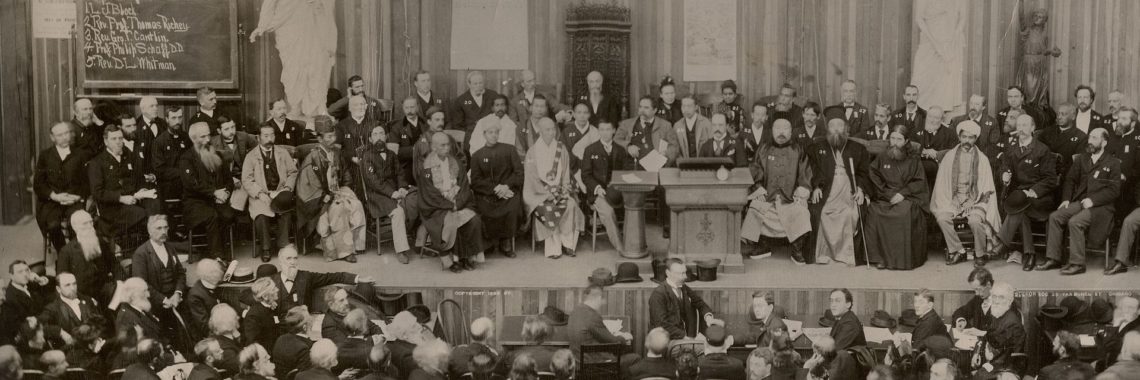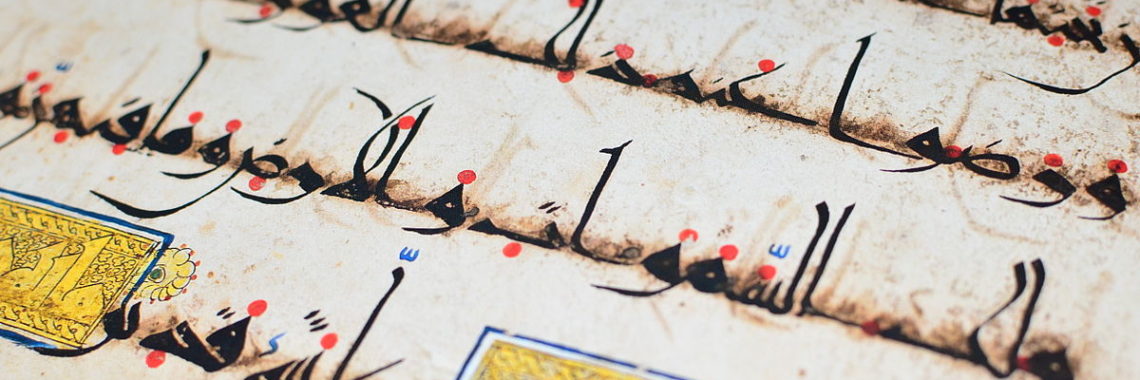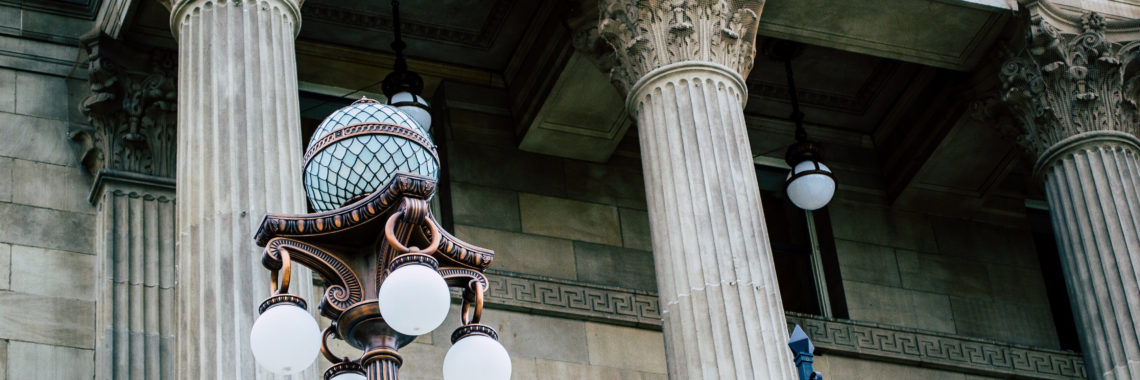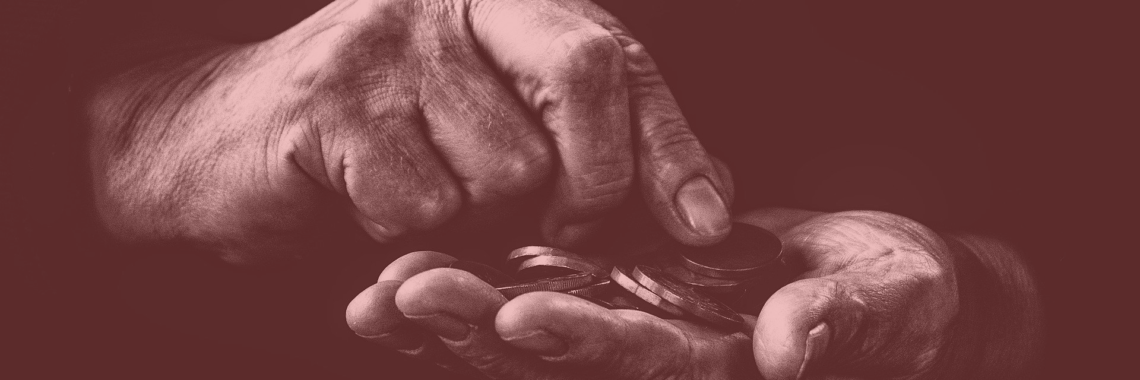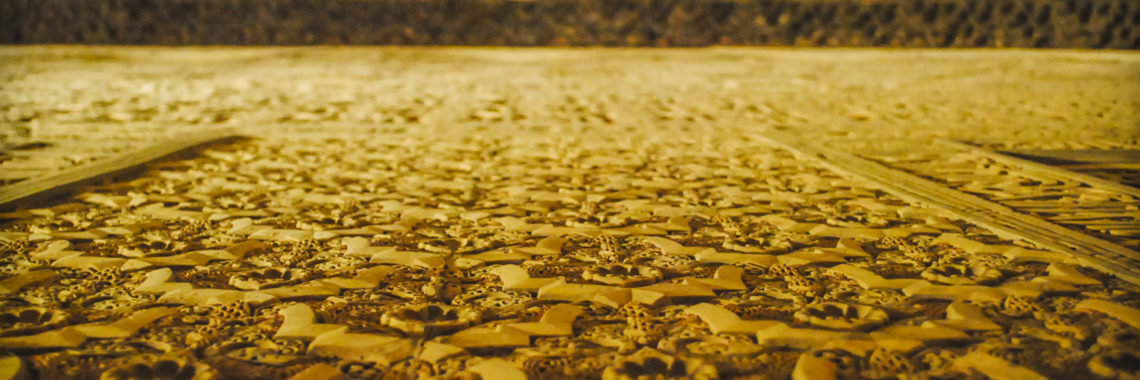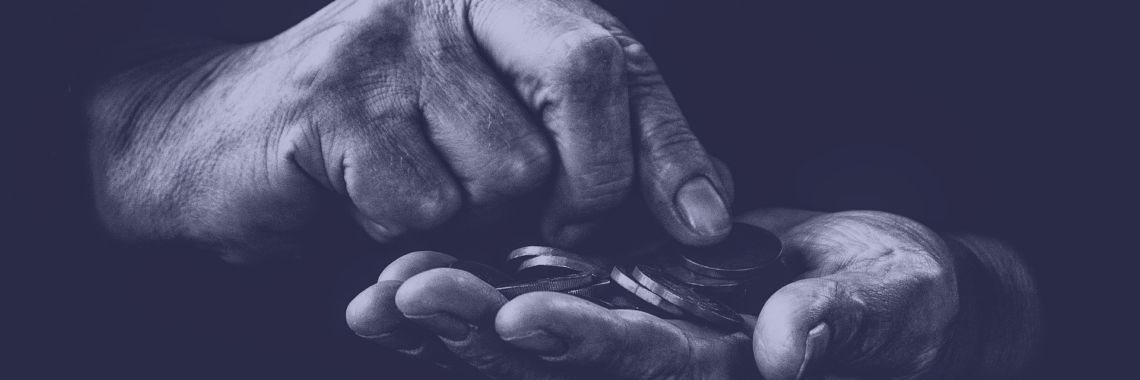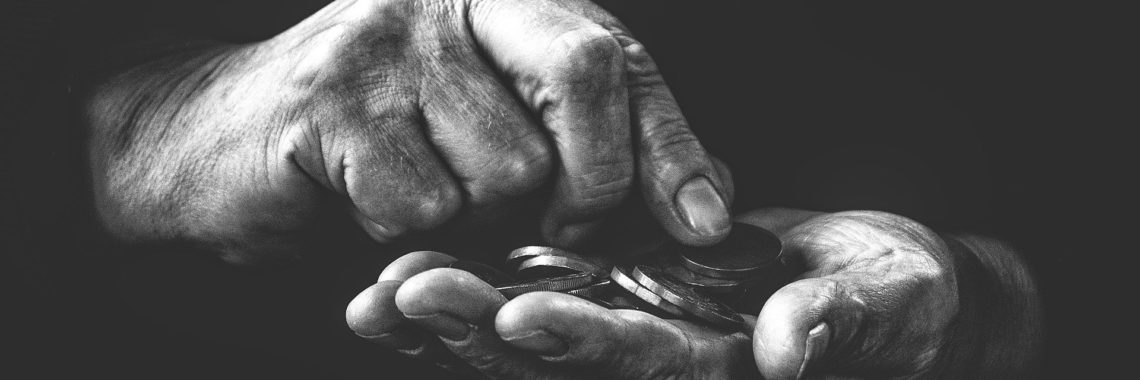“Religious Literacy and the Challenge of Interfaith Dialogue (Part 1)” by Shlomo C. Pill
Parliament of the World’s Religions, Chicago, United States, 1893 (Wikimedia) This is the first part of a three-part series exploring some of the methods, possibilities, and skills needed to effectively engage in interfaith dialogue and activity. History of Interfaith Engagement Interfaith engagement is hardly a new phenomenon. The most basic kind of interfaith activity—what is…


